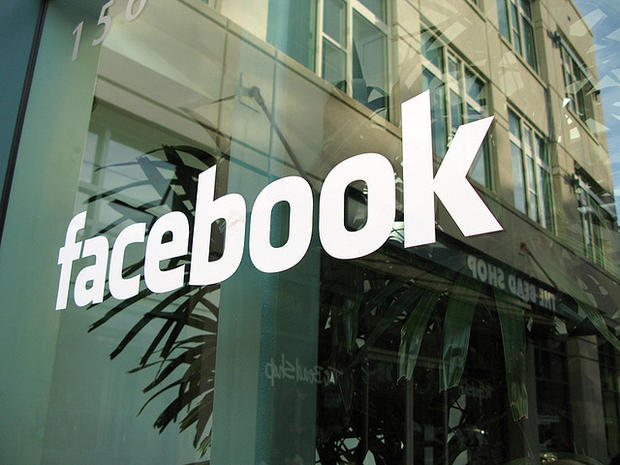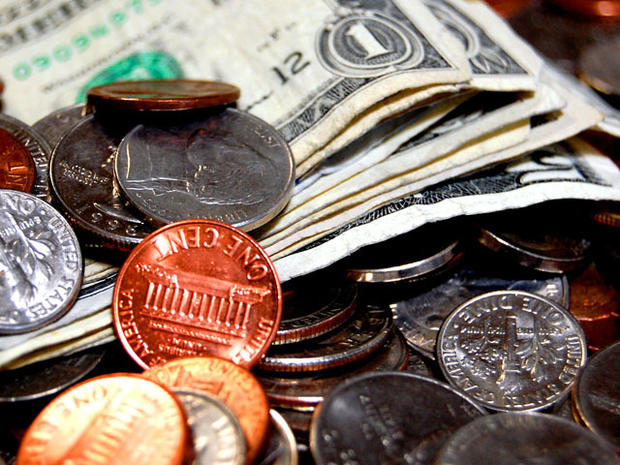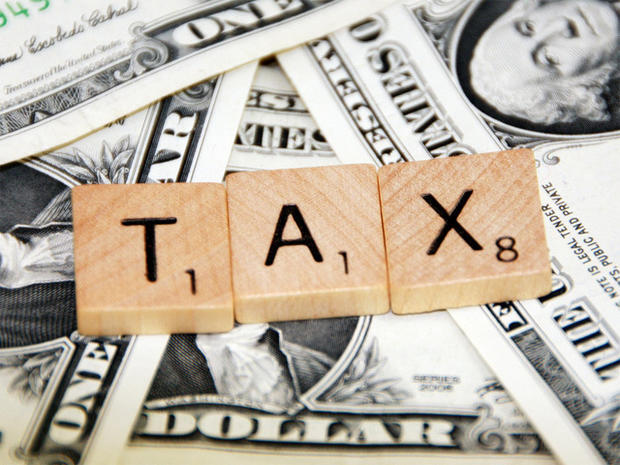5 things Facebook buried in its IPO filing
It's perfectly understandable that companies are often secretive -- although it's a bit ironic in the case of Facebook, whose strategy so clearly depends on peering more closely into the lives of its users. The process of selling shares to the public, however, means it's time to spill the beans. In preparation for its IPO, the company has to file what's known as an S-1 filing with the SEC. In the crush of media coverage, many details have emerged. But some of the juiciest nuggets are buried in small print in the 190-page document.
We went through and found interesting tidbits that help better explain the company, its strategic directions, and, just possibly, what competitors, investors, and the general public might expect over the next few years. Plus, we found how much the young CEO spends on private jet travel. Read on for the details.
5 things Facebook buried in its IPO filing
King Zuck rules the roost
Mr. Zuckerberg has the ability to control the outcome of matters submitted to our stockholders for approval, including the election of directors and any merger, consolidation, or sale of all or substantially all of our assets.Because he's a board member and officer, he has a legal fiduciary duty to act in the best interest of shareholders, but given the diverse interests of people owning stock, that could mean many things. He can vote his shares as he likes. Depending on the particulars of the proxy agreements that give him voting control of other shares, he may be able to vote as he wants or may be restricted from doing so in the case of issuing more than 20 percent of outstanding stock and "and matters which would disproportionately, materially and adversely affect such stockholder."
5 things Facebook buried in its IPO filing
Their active users may not be your active users
We define a monthly active user as a registered Facebook user who logged in and visited Facebook through our website or a mobile device, or took an action to share content or activity with his or her Facebook friends or connections via a third-party website that is integrated with Facebook, in the last 30 days as of the date of measurement. MAUs are a measure of the size of our global active user community, which has grown substantially in the past several years.In other words, you're an MAU if you show up at least once during the month, no matter how briefly.
5 things Facebook buried in its IPO filing
The power of Facebook ads?
Remember the last section about active users? By Facebook's definition, users can go to Facebook on their iPhones (not seeing Facebook ads) or share something from another site (not seeing those ads) and still be considered active users. So the active audience that advertisers expect may not be the audience they actually get.
5 things Facebook buried in its IPO filing
Zuck makes a buck, plus perks
The only reason he didn't get more was that the board decided that, given the 120 million shares he had options for, he probably had enough stock. COO Sheryl Sandberg apparently didn't. Her total compensation was about $30.9 million for the year, including $30.5 million in stock awards. VP of engineering Mike Schroepfer pulled down $24.7 million, while CFO David Ebersman saw $18.7 million.
5 things Facebook buried in its IPO filing
That big employee pay day comes with tax wallop
But all those instant millionaires will be coughing up a lot of those gains. For tax purposes, stock grants are treated like ordinary income (rather than the more favorable rates that Mitt Romney has recently made famous). And it's not just Uncle Sam, state governments will also take their cuts when the transfer happens. A big set of RSUs come due about six months after the initial public offering. At that point, the people receiving them will be suddenly subject to withholding, as they would be with salaries.
And that amount is going to be large. Facebook plans to "withhold and remit income taxes at applicable minimum statutory rates based on the then-current value of the underlying shares." It will do so by selling stock around that time (which could, in theory, affect the share price). In the company's estimate, that will be 45 percent of the value of the stock, though the actual amount could be higher or lower, "depending on the price of our shares on the RSU settlement date."





